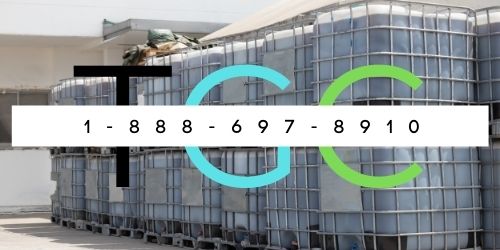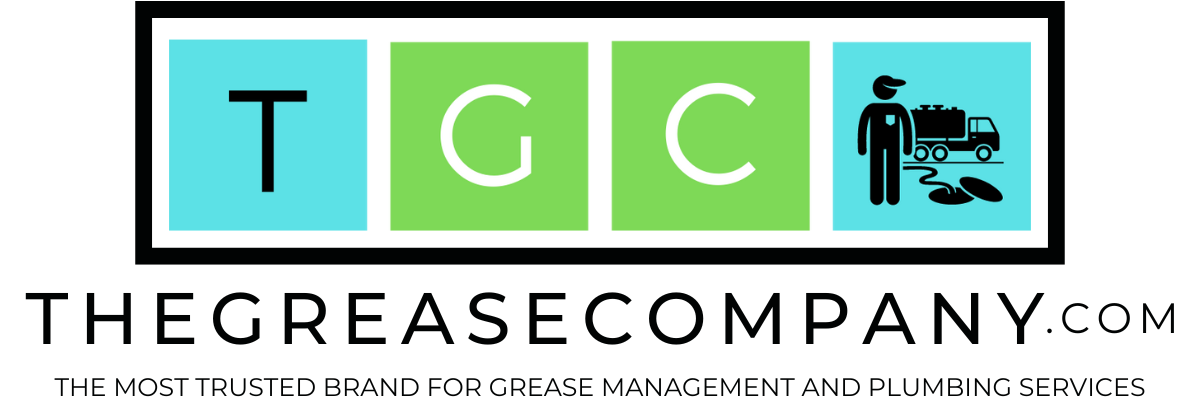
The amount of commercial kitchen grease and food solids that enter the sanitary sewer has increased over the last few years. This is not only due to the increase in commercial kitchens, but also the increase in residential kitchens that also use commercial kitchen grease as part of their cooking process. This increase in the amount of grease entering the sanitary sewer has led to a higher amount of FOGS in the sewer system. The rate of FOGS in the sewer system has led to sewer clogs, which have caused a number of problems, including kitchen plumbing backups and overflows. To prevent problems from occurring, the city industrial waste department has been working hard to ensure that commercial food servicing establishments are installing an adequate device that will prevent FOGS waste from going into the sanitary sewer line.

What Will Happen if I Don’t Clean My Grease Trap or Grease Interceptor??
1. Bad odor
The grease trap constantly collects FOGS waste and over time begins to decompose, giving off a putrid odor. If left in the tank for some time, the stench can be unpleasant, even if the interceptor is underground. This can negatively impact the number of customers visiting the restaurant and ultimately damage the establishment’s reputation.
2. Costly Grease Trap / Grease Interceptor Replacement
Wastewater and FOGS waste accumulated in grease traps contain chemical compounds. If the tank is not pumped and cleaned, the intercepted waste will decompose and release hydrogen sulfur gas, which turns into sulfuric acid. The highly toxic sulfuric acid can damage the interceptor’s steel and walls, necessitating costly replacements.
3. Clogged drainage system
Grease traps keep working by constantly trapping or interceptor fats, oils, grease, and food solids waste. If you don’t clean the tank regularly, waste builds up in the tank, and will build up and solidify. Ultimately, this leads to severe clogging of the plumbing, inhibiting wastewater flow. The end result is backups and overflows that cause costly damage.
4. Penalties
Nearly every city throughout Los Angeles, Orange, Riverside, San Bernardino, San Diego, Ventura, and Santa Barbara County, has specific penalties for improper handling of grease traps and grease interceptors. Aside from the plumbing dilemmas, city officials can cite and or fine the business for mishandling their grease trap.
Some have penalties for not maintaining the equipment properly and may also shut the business down if the device is in severely poor condition or overflowing as well as any clean-up cost associated with the cleanup. In the event the grease trap or grease interceptor does overflow, officials can stop operations which can result in hefty fines, suspension of business, and even revocation of business license
Pumping and Cleaning of Restaurant Grease Trap Waste
Getting a grease trap and grease interceptor cleaning is a mandatory service for every food servicing establishment. Hiring a trusted and well know grease company that has all the proper tools, equipment, and experience assures you that no shortcuts or improper service are being performed. This will greatly reduce your workload and allow you to focus on many other daily tasks. When you hire a reputable company like The Grease Company, you know that your system will be worked on by experienced professionals with access to the latest and up-to-date equipment. Failing to perform pumping services can jeopardize the drains and sewer system leading to extremely costly plumbing problems.
Learn more about grease trap and grease interceptor cleaning by calling us at 888-607-8910.
